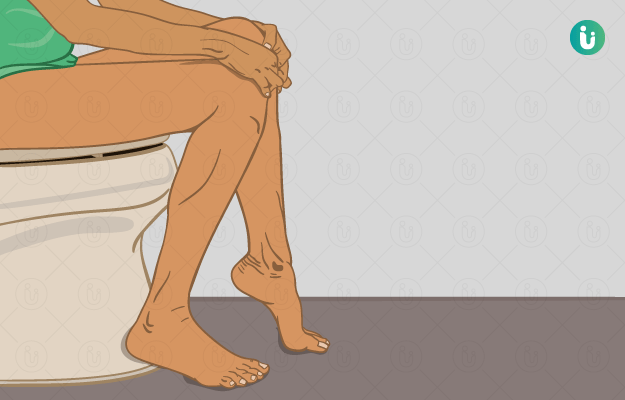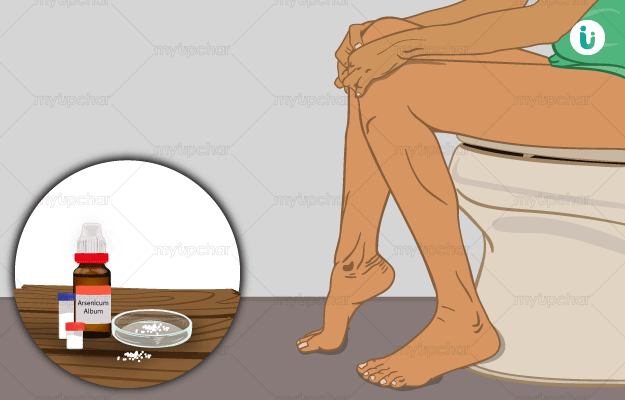Presence of blood in stools is also known as bleeding from the rectum. It is usually noticed in the toilet seat after passing stools or on the toilet paper used for wiping. Bleeding from the rectum (rectal bleeding) indicates bleeding either in the upper or lower part of the digestive tract. The bleeding may originate anywhere from mouth till anus. It is usually caused due to anal tear and piles. There may be accompanying symptoms such pain in the abdomen or weakness. Sometimes rectal bleeding may indicate an underlying disease and hence immediate medical advice is essential. Medical investigations such as complete blood count and colonoscopy. are usually performed in people with rectal bleeding. Treatment depends on the underlying cause and should be taken strictly under doctor’s guidance.
New Year Bumper Sale @ Rs. 1
X

- हिं - हिंदी
- En - English
- म - मराठी
- తె - తెలుగు
- த - தமிழ்
- বা - বাংলা
 Doctors for Blood in Stool
Doctors for Blood in Stool  OTC Medicines for Blood in Stool
OTC Medicines for Blood in Stool
 Lab tests for Blood in Stool
Lab tests for Blood in Stool Blood in Stool articles
Blood in Stool articles

 Diet for Blood in Stool
Diet for Blood in Stool
 Home Remedies for Blood in Stool
Home Remedies for Blood in Stool
 Homeopathic Treatment of Blood in Stool
Homeopathic Treatment of Blood in Stool

































 Editorial Team
Editorial Team

 Dt. Akanksha Mishra
Dt. Akanksha Mishra

 Dr. Rachita Narsaria
Dr. Rachita Narsaria











